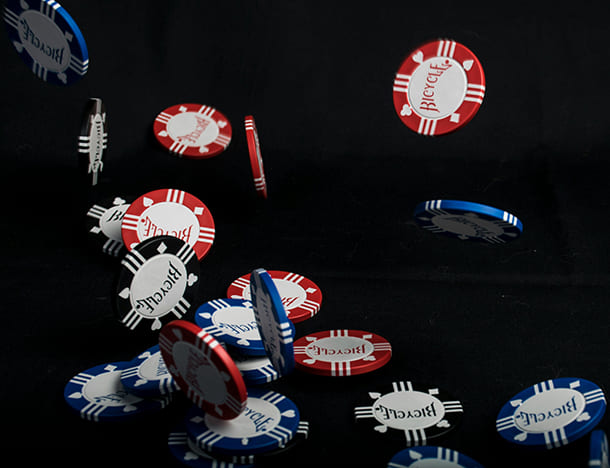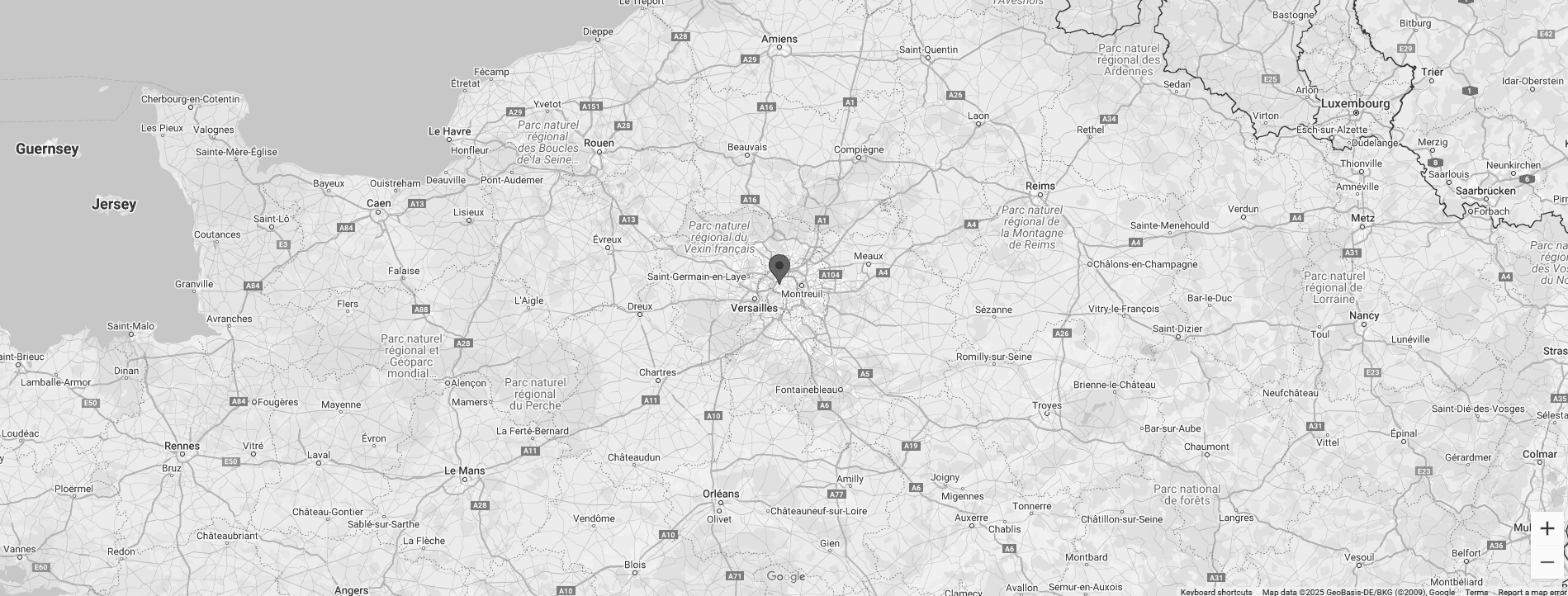Throughout history, gambling has often been restricted or outright banned. But where there was a will, there was always a way. Hidden behind closed doors, secret casinos flourished, attracting high society, spies, and criminals alike. These underground establishments were more than just gambling dens—they were centers of power, espionage, and intrigue.
The Ridotto: The First Known Secret Casino
In 1638, Venice became home to one of the first state-sanctioned gambling houses, the Ridotto. While public gambling was banned, this exclusive casino operated behind the walls of a grand building, allowing nobles to wager fortunes. Although it was legal, only the wealthiest could afford to play, making it an early example of a “secret” casino for the elite.
London’s 18th-Century Gambling Clubs
During the 1700s, London was filled with private gambling clubs like White’s and Brooks’s, which were frequented by aristocrats, politicians, and even royalty. These establishments were more than just places to bet—they were centers of influence where fortunes were won and lost overnight. White’s, for example, recorded bizarre bets in a book, including a wager on whether a man would die within a year.
The Monte Carlo Affair: A Playground for the Elite and Spies
By the 19th century, Monaco’s Monte Carlo Casino became the ultimate gambling paradise. While not exactly a “secret,” it became a hotspot for spies and criminals. During World War II, intelligence agents reportedly frequented Monte Carlo, using the casino as a meeting place to exchange secrets under the guise of casual gambling.
Underground Casinos of Prohibition-Era America
In the 1920s and early 1930s, the U.S. government banned alcohol during Prohibition, but it also cracked down on gambling. This led to a rise in underground speakeasies that doubled as casinos, often run by organized crime. Infamous gangster Bugsy Siegel was deeply involved in illegal gambling, eventually leading to the birth of Las Vegas as a casino city.
Nazi-Occupied France: Gambling as a Cover for Resistance
During World War II, some underground casinos in Nazi-occupied France served as fronts for resistance operations. While Germans thought they were simply places of luxury, French resistance members used these casinos to secretly pass messages and fund their cause.






